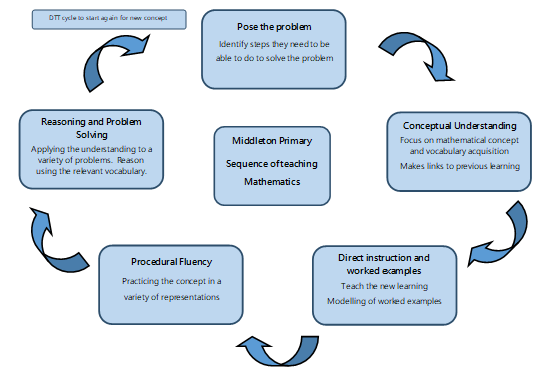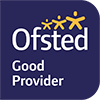Maths
Intent
To provide a clear sequence of teaching building on children’s prior knowledge
To develop mathematical skills to prepare children for their next stage of their learning and life journey
For children to be able to embrace mathematical challenges with a positive mindset in a trusting classroom community that allows students to think for themselves, ask questions and take intellectual risks.
Implementation
In EYFS, maths is taught daily for a twenty-minute session, as well as being encouraged continually whilst children are playing and learning. Adults consistently model the use of mathematical vocabulary so that children become confident at using it themselves. Opportunities for maths are threaded through areas of provision and areas of learning are enhanced by making real-life links to maths. This encourages all children to remember and apply their mathematical knowledge across both number and shape, space and measure strands.
Morning maths is used in KS2 which focuses on revisiting key arithmetic skills to consolidate previous learning.
The use of PiXL assessment to support children’s learning and achieving the National Curriculum using a cycle of Diagnosis, Therapy, Testing.
The PiXL objectives from the question level analysis grids will inform planning for the following half term.
A sequential approach to the teaching of maths
Dialogic talk is used from EYFS to Year 6 to facilitate reasoning and problem solving.
Children will be exposed to and use a range of concrete, pictorial and abstract representations to support and challenge mathematical understanding.

Impact
The impact of our Maths approach is:
- Children talk confidently about maths
- They have a genuine love for maths
- Children have strong, transferable arithmetic skills
- Children understand the approach and can articulate it
Impact is also measure through outcomes, nationally reported at Early Years, End of KS1 and End of KS2 data. Maths outcomes are also recorded internally on a half termly basis using the PiXL half assessments.
